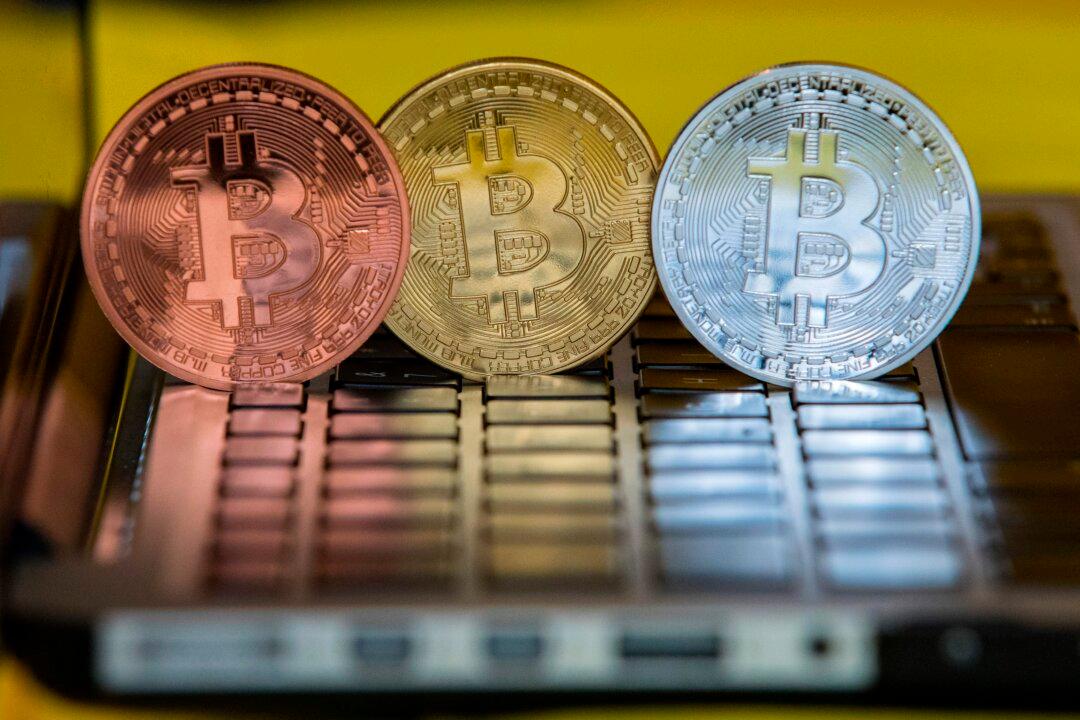Commentary
China’s largest news portal, Sina.com, recently made this statement in a headline in its financial section: “For Americans, blockchain is a technology or a philosophical practice. But for Chinese, blockchain is an opportunity for China to change lanes and surpass competitors.”



